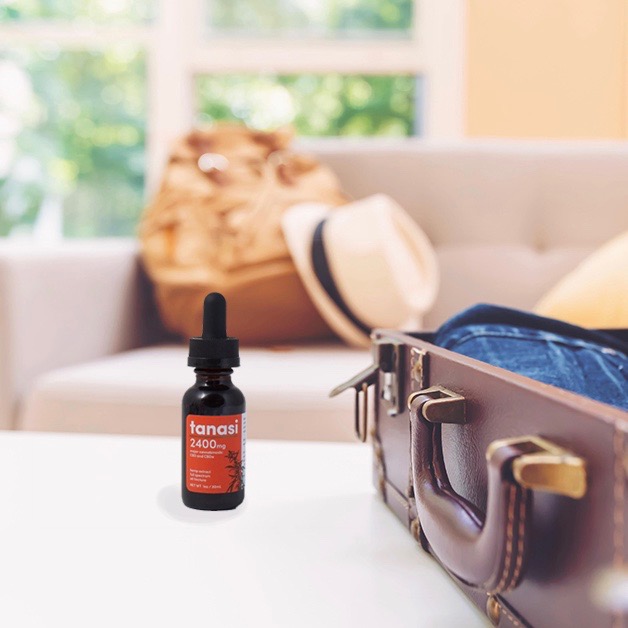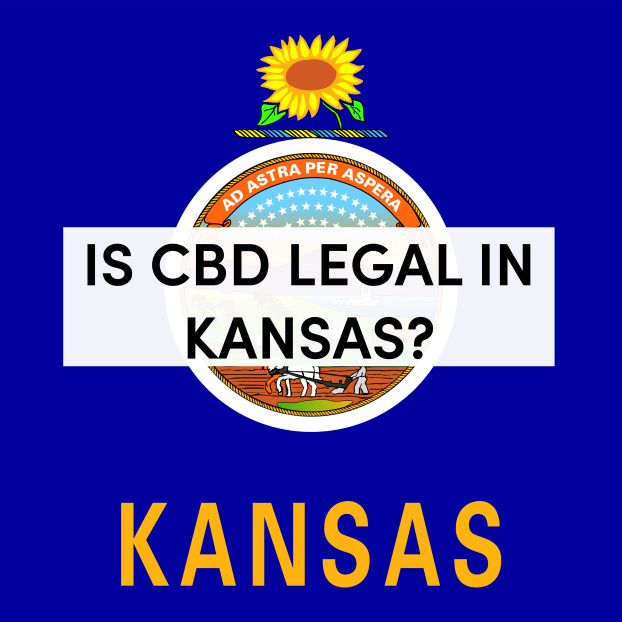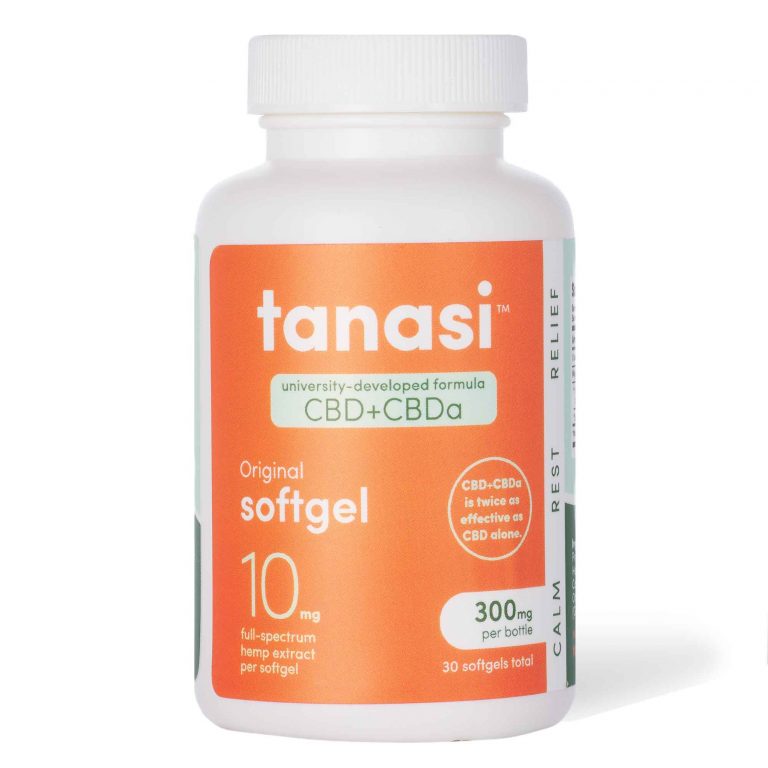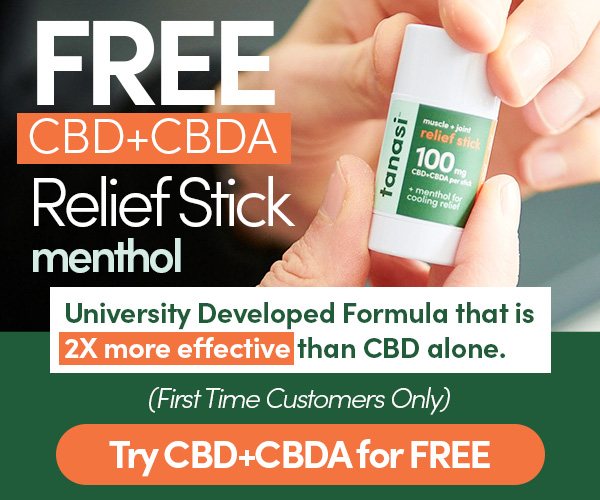Is CBDa and CBD Legal in All 50 States?
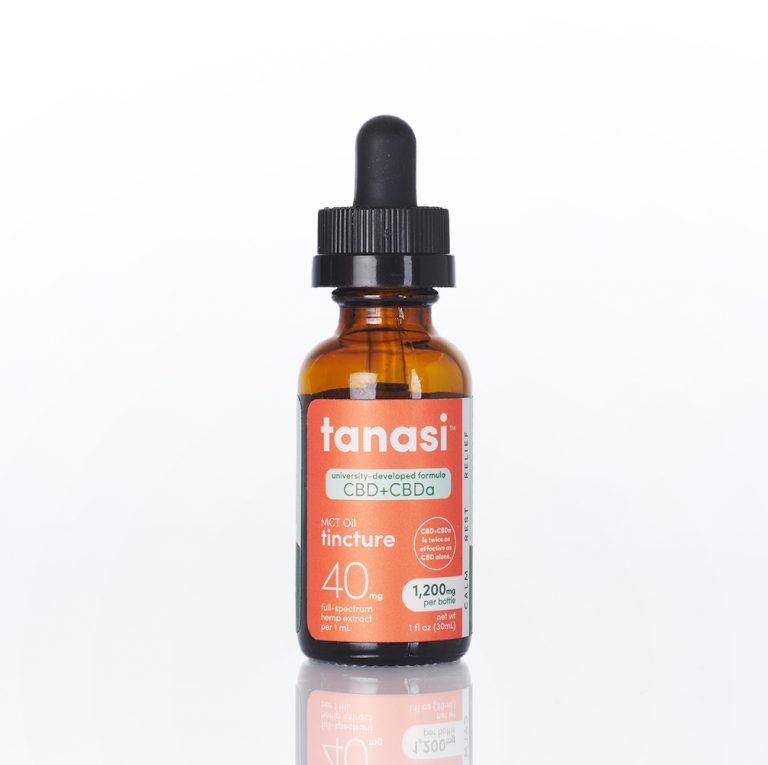
Posted on June 16th, 2023
It’s hard not to hear about CBD right now, especially when it comes to questions like is CBD legal in all 50 states? After all, whether it’s on TV, an ad on Instagram, or friendly chatter, CBD is everywhere. People seem to talk about it now as much as they used to talk about five hour energy drinks!
But, unlike energy drinks and other popular supplements, this plant-based product comes in many forms. In fact, at Tanasi, it comes in a 1:1 formulation with CBDa, a combination that’s proven to be 2X more effective than ones that contain CBD alone.
In this environment, it’s easy to consume and simple to purchase products with cannabidiol. Still, even when they are available online or in stores, people wonder if all CBD products are legal. Especially ones with CBDa. If so, are they legal in your state? And what about the rest of the country: is CBD legal in all 50 states?
Now, we’re not surprised about your confusion. It’s understandable, since manufacturers extract CBD from cannabis plants. And marijuana, which is a federally-controlled substance, is a member of the cannabis family. So, it’s easy to get confused about CBD’s legality. But here’s the thing. CBD is just one of the hundreds of compounds concentrated in cannabis plants. And tetrahydrocannabinol (THC), the one that gives you the high associated with marijuana? It’s a different, completely separate compound.
Unfortunately, many people assume that CBD and THC have similar effects. Yet this is not the case. And you can begin to understand the differences by learning more about the variety of plant strains within the cannabis family.
What’s the Difference Between Hemp and Marijuana Plants?
The Cannabis Sativa plant encompasses many different varieties. What are the two you’re most likely to hear about? Marijuana and hemp plants! While very similar in appearance, hemp plants are bred for low THC and high CBD concentrations. In contrast, marijuana plants are cultivated for the opposite balance.
Despite their differences, hemp and marijuana plants were lumped together for years. So, before the Agriculture Improvement Act of 2018, hemp was just as illegal in the United States as marijuana. And that was the case since the 1930s. But how did its legal status get so complicated? Here’s an overview of the history of cannabis in the United States.
Is CBD Legal in All 50 States? A Brief History of Hemp 
Pre-20th Century:
Hemp is one of the oldest cultivated American crops. Both indigenous peoples and, later, European colonists, grew this plant. They used hemp’s durable fibers for rope, cloth, paper, and more.
Early 20th Century:
In the early 1900s, increased Mexican immigration to America introduced marijuana to locals. After that, many people used cannabis for numerous purposes. But the THC in marijuana produced psychoactive effects and, due to public health concerns and politics, all cannabis products, including hemp, became suspect.
1937:
Passing of the Marihuana Tax Act of 1937. This banned marijuana and hemp cultivation in the United States, regardless of their varying effects and uses.
1970:
The Controlled Substances Act replaces the Marihuana Act. Now, all forms of cannabis are considered Schedule I controlled substances. This classification means the plant family has no acceptable medical purpose and has a high potential for abuse.
1990-2010:
Cannabis supporters push to reclassify hemp and marijuana. In 1996, California becomes the first state to legalize marijuana for medical purposes.
2014:
The 2014 Farm Bill creates a framework for Hemp Programs, permitting farmers to grow industrial hemp without a Drug Enforcement Administration (DEA) issued permit. This paves the way for the large-scale production of CBD products.
2018:
The Agriculture Improvement Act of 2018 creates more room for hemp cultivation, beyond pilot programs. It also lifts restrictions on transporting, selling, and possessing hemp products across all 50 states, as long as they meet federal guidelines of containing less than 0.3% THC concentration.
Given CBD’s 2018 status change, most people falsely assume that you can legally market CBD or any cannabidiol supplements anywhere in the United States. Well, that is wrong. In fact, CBD marketing and use is still tightly regulated. Here’s a comprehensive guide to help you understand precisely where CBD is legal, and under which specific circumstances.
Why There’s Confusion Surrounding CBD
As we noted earlier, CBD is a naturally occurring compound extracted from cannabis plants. The cannabis plant produces over a hundred different compounds, and CBD just happens to be one of them. Unlike its cousin THC, CBD isn’t psychoactive, meaning that CBD won’t make someone high.
We can find CBD in both marijuana and hemp varieties of cannabis plants. But there are also three different cannabis varieties. These include Cannabis Sativa, Cannabis Ruderalis and Cannabis Indica,
So, which one is marijuana, and which one is hemp? The answer to that isn’t that simple. Again, as we noted before, marijuana and hemp aren’t two plant varieties belonging to the same family. Instead, a Cannabis Sativa plant can either be classified as marijuana or hemp. The difference lies in the THC percentage in the cannabis plant:
- Cannabis with a THC content of 0.3% or less is classified as hemp
- Plants with THC concentrations exceeding 0.3% are deemed marijuana
Hemp Farming Act of 2018
The Farm Bill package encapsulates an extensive range of programs ranging from consumer protection to farmer subsidies. On a federal level, the 2018 Farm Bill legalized cultivating hemp plants containing 0.3% THC content.
The Farm Bill creates the following changes.
- Withdraws hemp from the Controlled Substances Act
- Extends allowances for the commercial cultivation of hemp
- Legalizes the production of hemp in U.S. territories and on Indian tribal land
The U.S. Department of Agriculture (USDA) now regulates hemp in lieu of the DEA. Since hemp is federally legal now, you might assume that CBD, which comes from hemp, follows suit. But you should note that not all hemp extracts are offered this legal status.
All in all, hemp-extracted CBD oil is federally legal in all 50 states. Anyone in the United States can legally buy CBD oil on health store shelves, some pet stores, and on the internet. In light of this new legality, consumer sales for CBD products reached over $350 million in 2018. Best of all, you don’t need a prescription or medical card to buy CBD. At least at the federal level. But each state has its own unique regulations regarding this compound.
CBD Isn’t Legal in All Its Forms
The Farm Bill allows the FDA to regulate products containing cannabis and cannabis-derived compounds, including CBD, under the Public Health Service Act and the Federal Food, Drug, and Cosmetic Act.
If there’s a CBD product that is intended for use as a dietary supplement, food, drug, or cosmetic, then it’s under FDA regulation.
The FDA is in the process of assessing CBD’s safety. Its stance, for now, is that it’s illegal to add CBD to food or to use CBD as a dietary supplement for commerce between interstate lines. CBD can also not be used to diagnose or treat any medical condition.
This means the following.
- CBD food products can be sold within their state of origin or in states where these products are legal.
- Cannabidiol products labeled as dietary supplements or food can’t be sold across state lines.
- ‘Active hemp extract’ products usually bypass such regulations and can be sold across all 50 states.
- Products not advertised as foods with CBD are exempt from FDA regulation.
Where Is CBD Illegal?
After the 2018 Farm Bill, as per federal law, CBD is legal in all 50 states. With that being said, the law is relatively new, so some states don’t yet fully embrace CBD. States are grouped into four varying jurisdictional categories.
Friendliest States
These states have specific laws allowing retailers to sell hemp-derived industrial products.
Such jurisdictions include Oklahoma, Illinois, Indiana, Kentucky, Colorado, Alaska, South Carolina, Rhode Island, North Carolina, Oregon, New York, Missouri, Maryland, Wisconsin, Vermont, Utah, Tennessee, and Texas.
Friendly States
In states under these jurisdictions, you can exclude industrial hemp from marijuana classifications if it’s cultivated under compliant Farm Bill agricultural pilot programs.
These jurisdictions include North Dakota, the District of Columbia, New Mexico, Montana, Kansas, and Hawaii.
Gray Area States
While hemp and CBD are legal at the federal level, plants are still regulated. And some state laws conflict with federal laws, creating a gray legal area for CBD in America.
These jurisdictions include Connecticut, Florida, Minnesota, Mississippi, Nebraska, Delaware, Arkansas, Idaho, Georgia, Iowa, Massachusetts, Maine, Louisiana, New Jersey, New Hampshire, Washington, Virginia, and Pennsylvania.
States With Concern
Some states don’t explicitly prohibit selling industrial hemp-derived CBD products. But recent pronouncements and law enforcement actions raise a bit of risk.
Stay safe and carefully read the rules in California, South Dakota, Arizona, Alabama, Wyoming, West Virginia, South Dakota, Ohio, Nevada, Michigan, and West Virginia.
States Have Their Own Laws
Every state has its own set of policies and laws surrounding CBD possession, sales, manufacturing, distribution, and cultivation. To make things even more complex, many state legislatures are developing more CBD procedures and regulations.
In short, many states allow you to use CBD only for specific reasons that you must prove before making a purchase. But laws may differ from state to state. So, to stay within federal legalities, follow these rules.
- Legal CBD is a hemp extract
- Something classified as CBD must have THC concentrations ranging from 0.3% to 0.0%.
- While CBD is federally legal, several states fully or partially restrict its purchase. They continue to view it as being no different from marijuana.
So before consuming any CBD product, you need to look at restrictions in your state. But the bottom line is that consuming and purchasing hemp-derived CBD products is legal in all 50 states.


